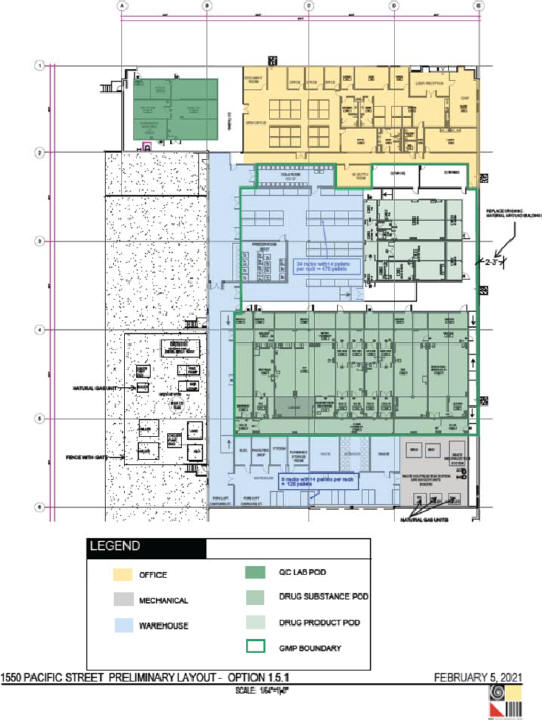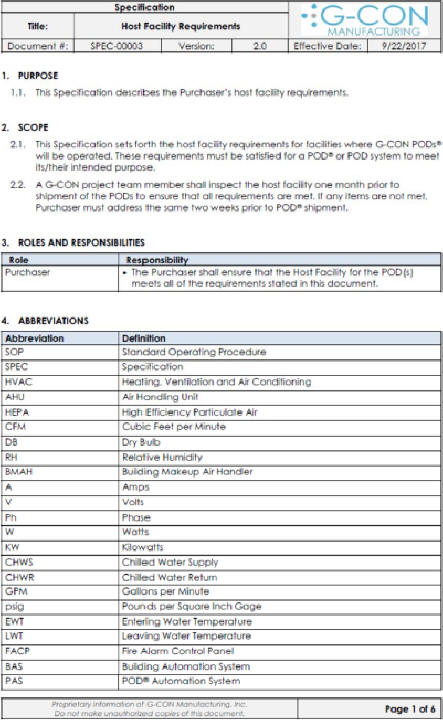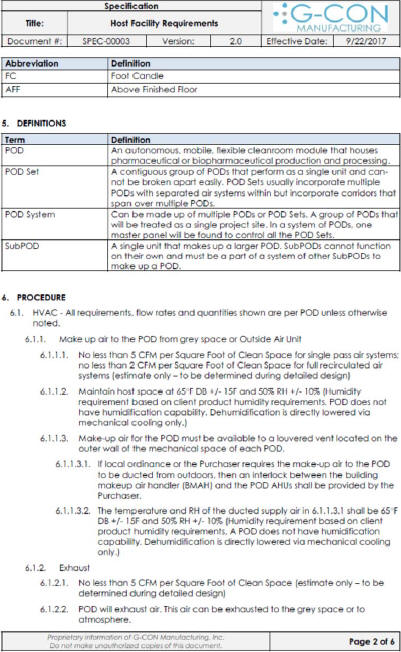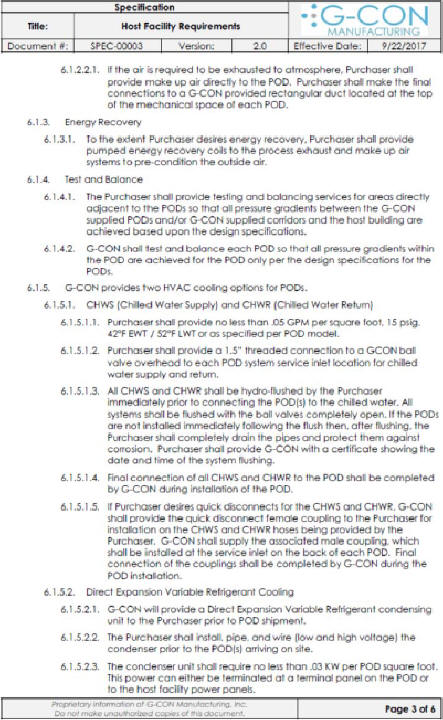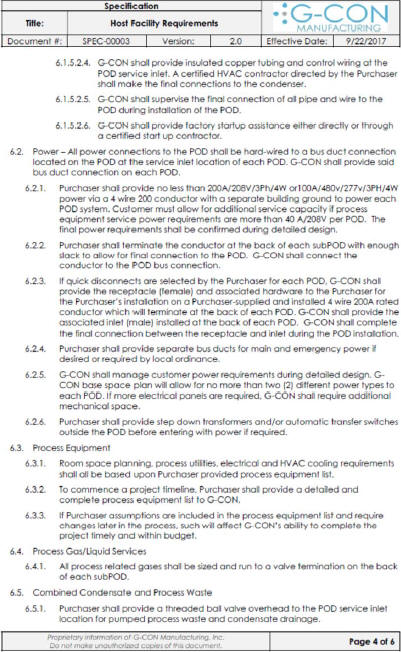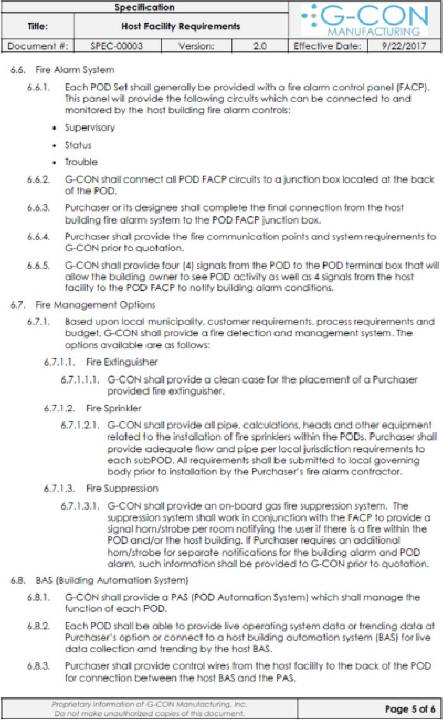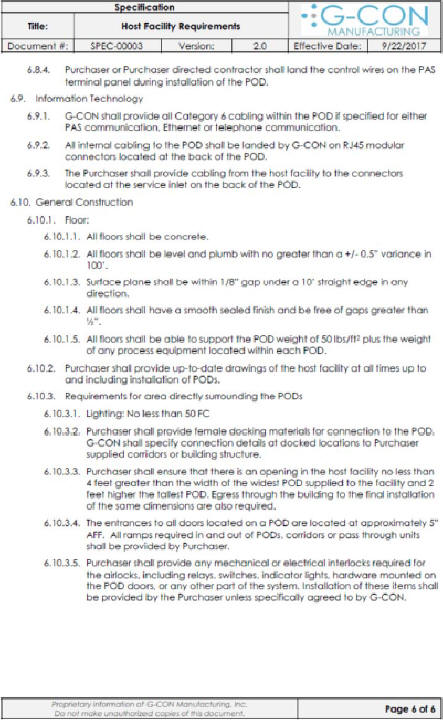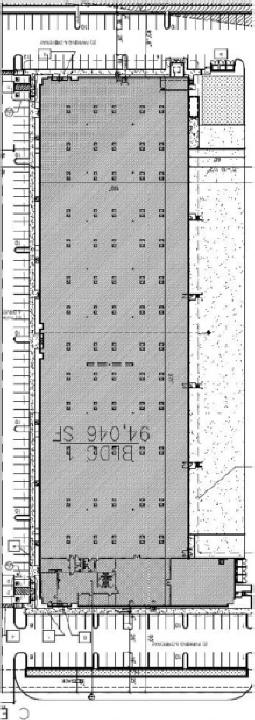quantity, and/or intensity of existence, use, manufacture, disposal, transportation, spill, release, or effect, either by itself or in combination with other materials expected to be on the Premises, is either: (i) potentially injurious to the public health, safety or welfare, the environment, or the Premises; (ii) regulated or monitored by any governmental authority; or (iii) a basis for potential liability of Landlord to any governmental agency or third party under any applicable statute or common law theory. Hazardous Substance shall include, but not be limited to, hydrocarbons, petroleum, gasoline, crude oil, or any products or by-products thereof and per- and polyfluoroalkyl substances (PFAS) which are a group of stable man-made chemicals that allow them to repel both water and oil including perfluorooctanoic acid (PFOA) and perfluorooctanesulfonic acid (PFOS). Tenant shall not engage in any activity in or about the Premises which constitutes a Reportable Use (as hereinafter defined) of Hazardous Substances without the express prior written consent of Landlord and compliance in a timely manner (at Tenant’s sole cost and expense) with all Applicable Requirements (as defined in Paragraph 6.3). “Reportable Use” shall mean (i) the installation or use of any above or below ground storage tank, (ii) the generation, possession, storage, use, transportation, or disposal of a Hazardous Substance that requires a permit from, or with respect to which a report, notice, registration, or business plan is required to be filed with, any governmental authority, and (iii) the presence in, on, or about the Premises of a Hazardous Substance with respect to which any Applicable Requirements require that a notice be given to persons entering or occupying the Premises or neighboring properties. Notwithstanding the foregoing, Tenant may, without Landlord’s prior consent, in compliance with all Applicable Requirements, use any ordinary and customary materials reasonably required to be used by Tenant in the normal course of the Permitted Use, so long as such use does not expose the Premises or neighboring properties to any meaningful risk of contamination or damage, or expose Landlord to any liability therefor.
(b) Duty to Inform Landlord. If Tenant knows, or has reasonable cause to believe, that a Hazardous Substance is located in, under, or about the Premises or the Building in violation of Applicable Requirements, Tenant shall immediately give Landlord written notice thereof, together with a copy of any statement, report, notice, registration, application, permit, business plan, license, claim, action, or proceeding given to, or received from, any governmental authority or private party concerning the presence, spill, release, discharge of, or exposure to such Hazardous Substance. Tenant shall not cause or permit any Hazardous Substance to be spilled or released in, on, under, or about the Premises (including, without limitation, through the plumbing or sanitary sewer system) in violation of Applicable Requirements.
(c) Indemnification. Tenant shall indemnify, protect, defend, and hold Landlord, Landlord’s affiliates, Lenders, and the officers, directors, shareholders, partners, employees, managers, independent contractors, attorneys, and agents of the foregoing (“Landlord Entities”) and the Premises harmless from and against any and all damages, liabilities, judgments, costs, claims, liens, expenses, penalties, loss of permits, and attorneys’ and consultants’ fees arising out of or involving any Hazardous Substance on or brought onto the Premises by or for Tenant or by any of Tenant’s employees, agents, contractors, servants, visitors, suppliers, or invitees (such employees, agents, contractors, servants, visitors, suppliers, and invitees as herein collectively referred to as “Tenant Entities”) in violation of Applicable Requirements. Tenant’s obligations under this Paragraph 6.2(c) shall include, but not be limited to, the effects of any contamination or injury to person, property, or the environment created or suffered by Tenant, and the cost of investigation (including consultants’ and attorneys’ fees and testing), removal, remediation, restoration and/or abatement thereof, or of any contamination therein involved. Tenant’s obligations under this Paragraph 6.2(c) shall survive the Expiration Date or earlier termination of this Lease.
6.3 Tenant’s Compliance with Requirements. Tenant shall, at Tenant’s sole cost and expense, fully, diligently, and in a timely manner comply with all “Applicable Requirements,” which term is used in this Lease to mean all laws, rules, regulations, ordinances, directives, covenants, easements, and restrictions of record, permits, and the requirements of any applicable fire insurance underwriter or rating bureau, relating in any manner to the Premises (including but not limited to matters pertaining to (a) industrial hygiene, (b) environmental conditions on, in, under, or about the Premises, including soil and groundwater conditions, caused by or for Tenant and (c) the use, generation, manufacture, production, installation, maintenance, removal, transportation, storage, spill, or release of any Hazardous Substance by or for Tenant), now in effect or which may hereafter come into effect. Tenant shall, within 5 days after receipt of Landlord’s written request, provide Landlord with copies of all documents and information evidencing Tenant’s compliance with any Applicable Requirements, and shall immediately upon receipt notify Landlord in writing (with copies of any documents involved) of any threatened or actual claim, notice, citation, warning, complaint, or report pertaining to or involving failure by Tenant or the Premises to comply with any Applicable Requirements. Notwithstanding anything to the contrary herein, Tenant shall not be required to comply with or cause the Premises to comply with any Applicable Requirements requiring the construction of alterations unless such compliance is necessitated due to Tenant’s particular use of the Premises or any alterations or improvements to the Premises made by or for Tenant.
6.4 Inspection; Compliance with Law. In addition to Landlord’s environmental monitoring and insurance program, the cost of which is included in Operating Expenses, Landlord and the holders of any mortgages, deeds of trust, or ground leases on the Premises (“Lenders”) shall have the right to enter the Premises at any time in the case of an emergency, and otherwise at reasonable times and in accordance with Paragraph 16.14, for the purpose of inspecting the condition of the Premises and for verifying compliance by Tenant with this Lease and all Applicable Requirements. Landlord shall be entitled to employ experts and/or consultants in connection therewith to advise Landlord with respect to Tenant’s installation, operation, use, monitoring, maintenance, or removal of any Hazardous Substance

